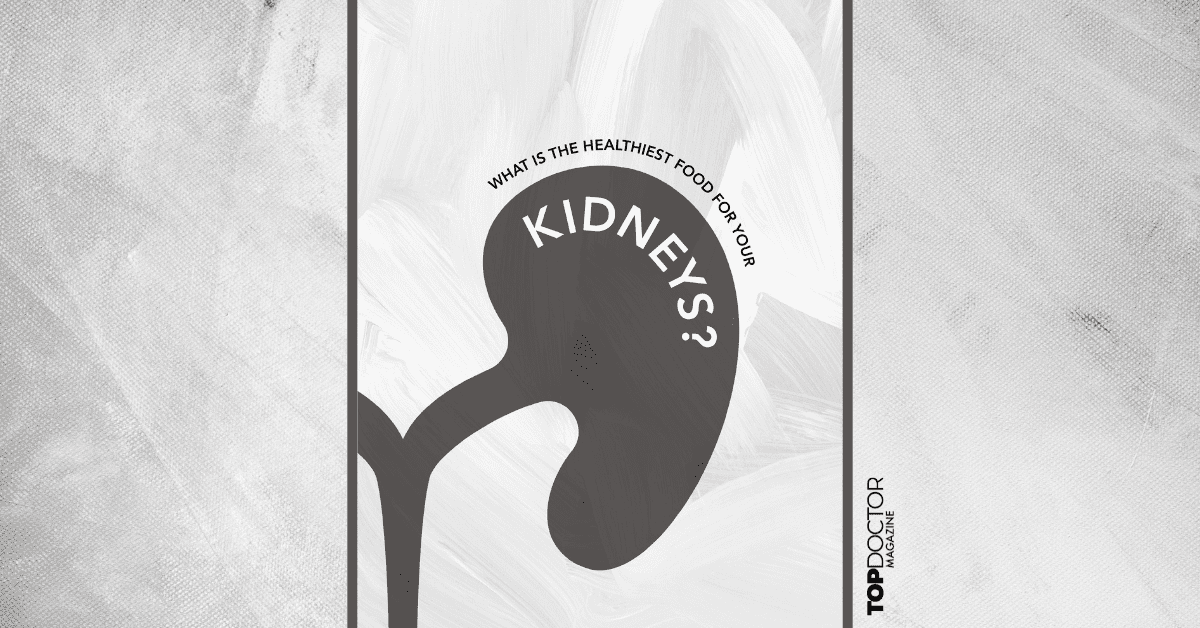It can be tricky to take care of ourselves with bodies that are so complex. Trying to understand the functions of every organ can be overwhelming, making it easier to forget that responsibility and give up.
But there is hope! It is entirely possible to take care of yourself without an advanced medical degree, and the secret is to learn a little bit at a time. So, let’s cover the essential information about your kidneys and how you can take care of them through your diet.
What Are Kidneys for, Anyway?
Healthy kidneys perform a surprising variety of functions in the body. The job that most people are familiar with is the removal of waste through urine, but this is only the tip of the iceberg. While they are a critical part of the waste-removal process, there’s a lot more going on.
Healthy kidneys are also responsible for releasing prostaglandins to regulate blood pressure. This substance is highly significant because healthy blood pressure is the driving force behind the oxygen and nutrients that you need to power the rest of your body.
There’s another kidney-produced hormone you should be aware of: Vitamin D. The importance of Vitamin D cannot be overstated because its presence is critical to your skeletal system. We all know that calcium is necessary for healthy bones, but the reality is that calcium can only be absorbed when Vitamin D is present in your body. In addition, vitamin D is critical in helping the immune system fight off infection.
The final important kidney function has to do with red blood cells. It would be an oversimplification to say that your kidneys produce red blood cells, but that would be a step in the right direction. The truth is that healthy kidneys produce another hormone, called erythropoietin, which interacts with bone marrow to produce red blood cells.
It’s a complicated process, of course, but the main takeaway is that your kidneys are necessary for the health of your entire body and that taking care of them via your diet is very important!
How Can My Diet Affect My Kidneys?
Your diet plays a role in the health of your kidneys. Some foods will help, and some will hurt, so you need to distinguish between them. The food that has the most potential to harm the kidneys is any item that is high in phosphorus. Research indicates a link between phosphorus-rich foods and an increased risk of kidney damage.
On the other hand, an intentional and organized diet can do wonders for the functioning of healthy kidneys. Omega-3 fats, which have the potential to lower blood pressure are helpful for healthy kidneys, keeping blood pressure low with Omega-3-heavy foods is a great way to protect your kidneys.
Just like high blood pressure, excessively high sodium levels can also pose a threat to healthy kidneys. Foods high in potassium will regulate the sodium levels in your body and protect your kidneys.
Which Foods Are the Healthiest?
Let’s start with a staple of your diet: water! Water is imperative for the body’s healthy functioning, and your kidneys are no exception. Water is the substance that healthy kidneys use to filter out toxins and release them through urine.
How much water should you drink per day? Recent research indicates that men need an average of 3 liters per day, while women need just over 2 liters per day.
Omega-3 fats are helpful to your kidneys, but which foods will provide them? Your best bet is to eat fatty fish such as salmon, tuna, cod and mackerel. The unsaturated fats present in these fish will help not only your kidneys but your heart health as well.
How much fish should you eat? The suggestion from the American Heart Association is to eat these kinds of fish at least twice per week to obtain the maximum health benefits.
Another staple of a healthy-kidney diet is antioxidant-rich berries. If you eat half a cup of blueberries, you’re getting a little less than 150 milligrams of phosphorus. Berries are a healthy snack for those looking to preserve these vital organs. This is especially true if you’re suffering from a kidney disorder, as the low sodium and low phosphorus content lightens your kidneys’ workload.
You should also be mindful of your sodium intake to maintain healthy kidneys. Sweet potatoes are a helpful example as they contain vitamins and minerals that can help regulate the sodium level in your body, and they can be beneficial to your kidneys.
On the flipside, though, sweet potatoes pose more risk than they’re worth. The high potassium content can exacerbate conditions like kidney stones and kidney disease, so be mindful of this when consuming them to improve kidney health.
A Parting Reminder
Armed with all this information, you’re now prepared to preserve healthy kidneys! The proposed dietary changes offer substantial potential for assisting healthy kidney function. So, whether you leave to get a glass of water, add fish to your grocery list or grab a handful of blueberries from the fridge, your kidneys will thank you by performing an amazing array of life-giving functions!






0 Comments